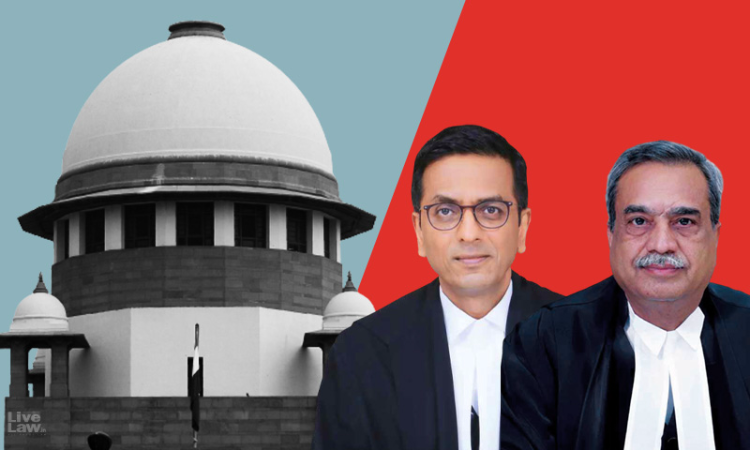The Supreme Court held that while rejecting a plaint under Order 7 Rule 11(d) of Code of Civil Procedure, the Court cannot grant liberty to the plaintiff to amend the plaint.The proviso to Rule 11 covers the cases falling within the ambit of clauses (b) and (c) and has no application to a rejection of a plaint under Order 7 Rule 11(d), the bench comprising Justices DY Chandrachud and MR...

